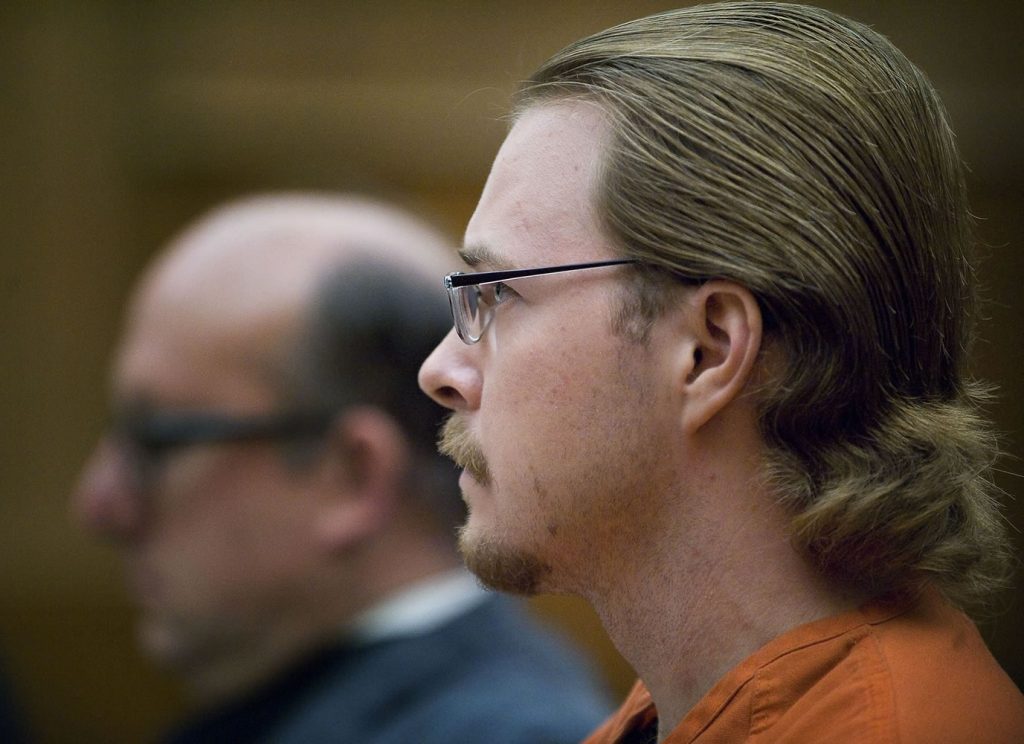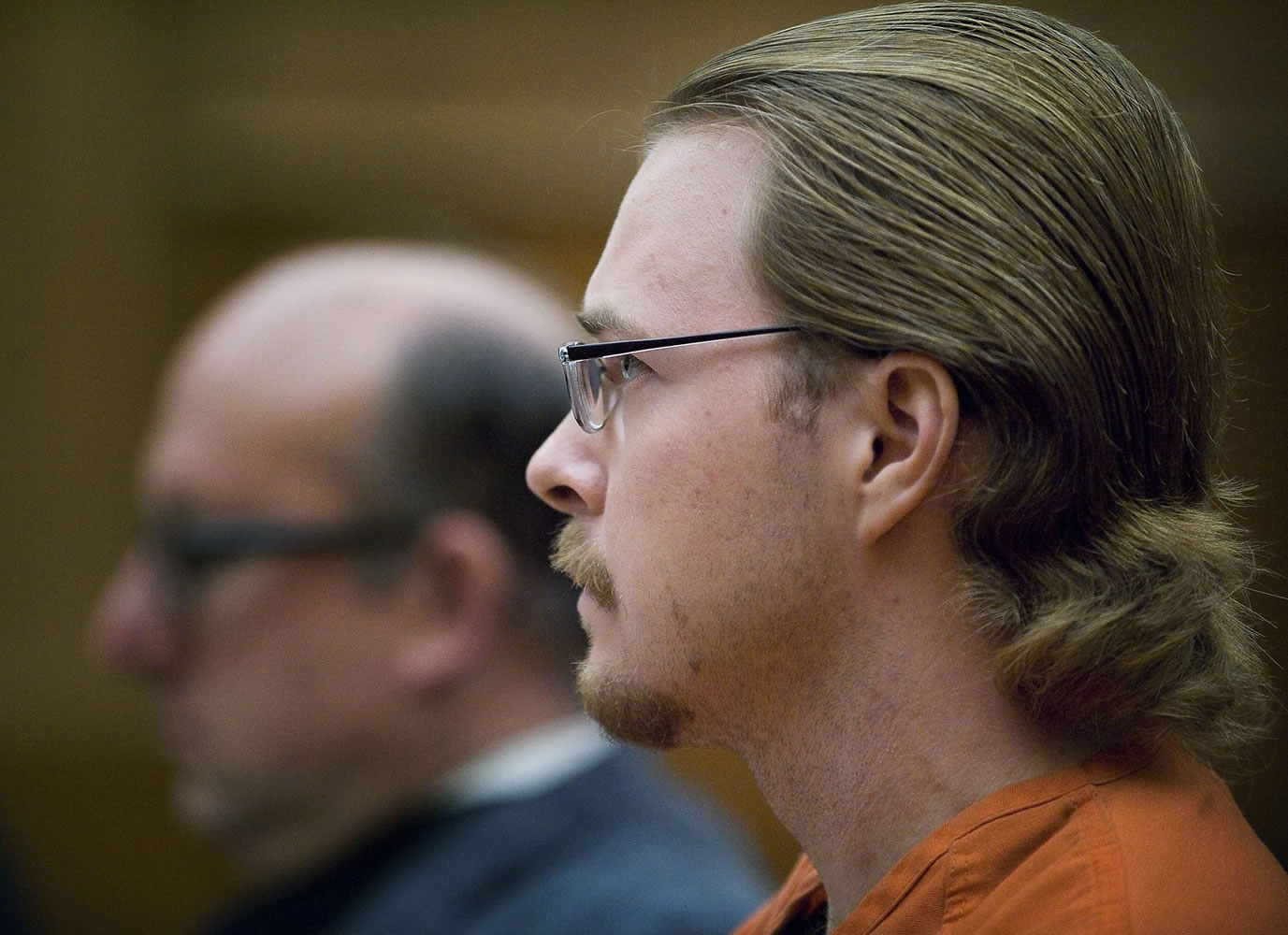A 47-year-old man, convicted for his involvement in the 1994 murder of 22-year-old Felicia Reese, may see freedom in just two and a half years following a recent judicial decision in Spokane County, Washington.

Robert Boot, who has spent nearly three decades behind bars, was originally sentenced to life in prison without parole for the brutal killing of Reese. However, a series of legal developments, including a landmark Supreme Court ruling in 2012 regarding life sentences for minors, led to a reassessment of Boot’s punishment.
Spokane County Superior Court Judge Raymond Clary, in a recent ruling, revised Boot’s sentence to 32 years to life, taking into account factors such as Boot’s youth at the time of the crime, his progress in rehabilitation, and the gravity of Reese’s murder. Boot’s attorney, Jeffry Finer, emphasized his client’s efforts towards personal growth during his time in prison, citing support from prison staff and participation in inmate groups aimed at reducing violence and assisting fellow inmates.
Despite acknowledging the severity of Boot’s actions, Judge Clary’s decision has sparked mixed reactions. Supporters of Boot, including those who attended the sentencing hearing via Zoom, expressed confidence in his readiness for release, citing his transformation and contributions within the prison community. However, the victim’s family remains deeply affected by the loss of Felicia Reese, with her mother, Maggie Bucher, condemning the resentencings as an “injustice” to her daughter’s memory and pleading for the maximum possible sentence.
Boot, addressing the court, described his younger self as a “monster” and expressed remorse for his role in Reese’s death. While he maintains that he did not pull the trigger, his admission of involvement in the crime stands.
As the legal proceedings continue, with the possibility of appeals and further litigation looming, the case of Robert Boot serves as a reminder of the complexities surrounding justice, rehabilitation, and the enduring impact of violent crimes on victims and their families.
